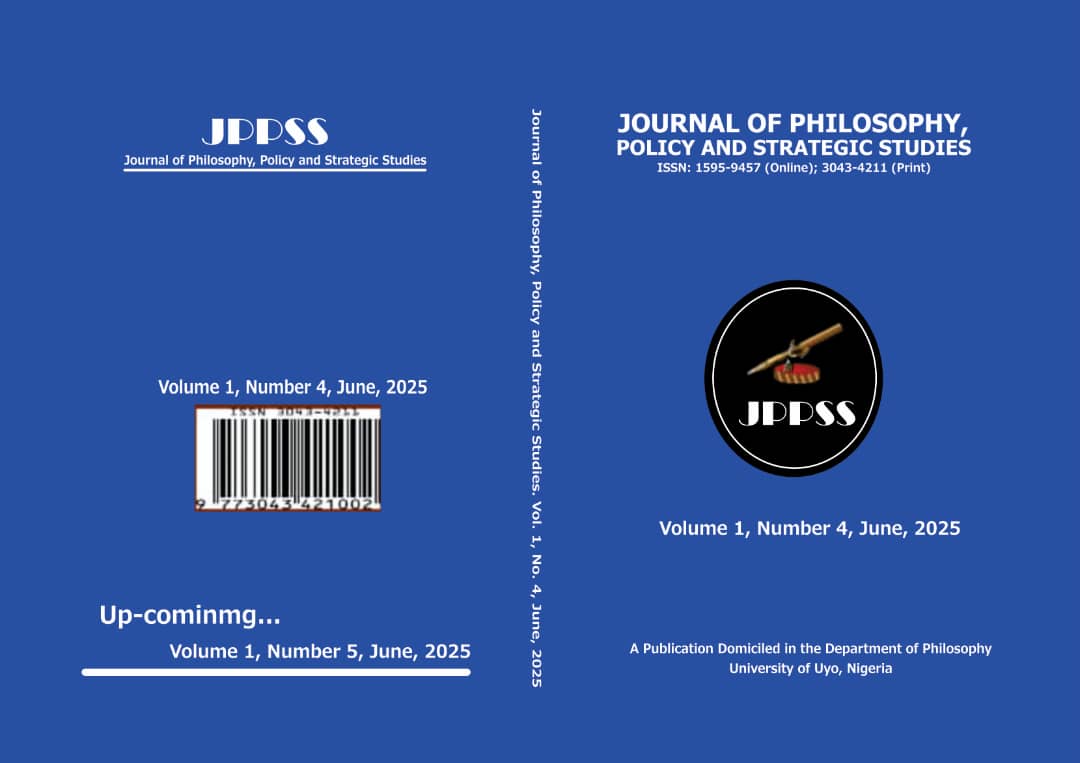DELIBERATIVE DEMOCRACY AS A SOLUTION FOR CONTEMPORARY DEMOCRATIC CHALLENGES: A CRITICAL EVALUATION OF JAMES FISHKIN’S APPROACH
Ingyur Aondona Benedict 1
Otene Christopher 2
Department of Philosophy, Federal University of Lafia, Nigeria 1 & 2
Corresponding Email: ingyurbenedict@gmail.com 1
Abstract
Man is a political being who resides within the boundaries of a sovereign state. Individuals consistently seek a governing framework that is more convenient and aligns better with their lifestyle. Consequently, numerous states and governments have embraced and implemented a variety of political ideologies and systems, including monarchy, socialism, communism, democracy and others. Democracy stands out as one of the most preferred and practised forms of government due to its foundation on being a government that represents the people. Nevertheless, democracy is not devoid of shortcomings and constraints like absence of inclusiveness and lack of informed deliberation. Therefore to solve these problems, there is the need to embrace James Fishkin’s theory of deliberative democracy. James Fishkin defines deliberative democracy as “efforts, in both theory and practice, to reconcile the value of deliberation with other core democratic principles, such as political equality and the avoidance of the tyranny of the majority”. The aim of this essay is to conduct a critical evaluation of James Fishkin’s concept of deliberative democracy as a solution for contemporary democracy by harmonizing the significance of deliberation with essential democratic principles. The analytical method of research was be implored. This paper asserts that increased deliberation and inclusiveness has the potential to enhance the quality of our democracy by emphasizing its primary features and elements, thereby advocating for it as the most optimal form of democratic practice.
Keywords: Deliberation, Democracy, Government, Inclusiveness, State, System, Thoughtfulness.


